Having risen strongly after hyperinflation, the Great Depression and defeat in World War II, Germany 's economic "miracle" now faces a new challenge.
In November 1923, people pushed wheelbarrows full of cash through the streets to buy a loaf of bread. From the 120 billion marks (the old German currency) circulating in the economy in 1921, government factories printed mountains of paper money. In October 1923, 2,500 quadrillion marks were in circulation, and in the following months, they soared to 400,000 quadrillion marks. The hyperinflation was so severe that one US dollar was worth 1,000 trillion marks. “Never again” was the motto from then on.
But hyperinflation was only the first major challenge in Germany's economic history over the past 100 years. The country had also successfully weathered the Great Depression and World War II. Then, Germany's spectacular recovery in the 1950s and 1960s was so strong that it was hailed as the "Wirtschaftswunder," or "economic miracle."
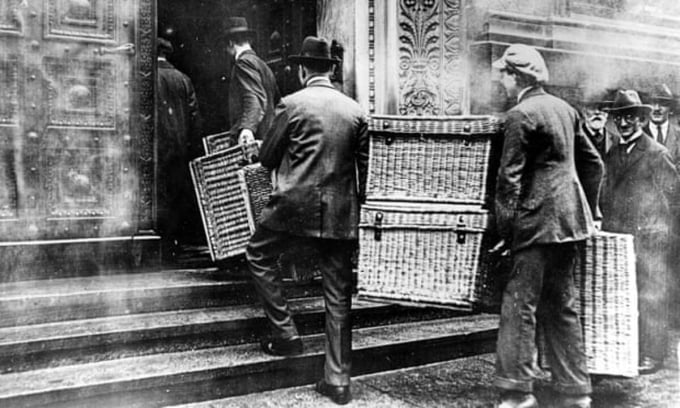
Workers in Berlin carrying baskets to receive their wages in 1923. Photo: Popperfoto
But the “miracle” is now in trouble. On November 8, the German Council of Economic Experts said in its annual report that the economy will shrink this year and only recover slightly in 2024. They expect German GDP to shrink by 0.4% in 2023, in line with the government’s forecast. Next year, the experts forecast growth of 0.7%, much lower than the government’s 1.3%. As a result, medium-term growth prospects are at an all-time low.
The Guardian argues that there are three fundamental factors that are creating new challenges for the German economy: the war in Ukraine, slower growth in China and weakening globalisation. In addition, there are deeper problems such as an ageing population and an ageing industrial model.
Industrial production has fallen for five consecutive months and is 7% below pre-pandemic levels. The International Monetary Fund (IMF) predicts that Germany will be the weakest economy in the G7 (US, UK, Germany, Japan, France, Canada and Italy) this year and the only one to see output decline.
Carsten Brzeski, global head of macro at ING bank, said Germany's problem was a combination of cyclical and fundamental factors. After GDP contracted in the third quarter, it is likely to happen again in the final three months of this year, he said. Two consecutive quarters of decline would put the economy in a technical recession.
Germany has found alternative energy sources to offset the loss of Russian gas, but at a higher cost. Energy-intensive sectors such as chemicals have been hit particularly hard. In addition, strong export performance in the years before the pandemic, partly due to strong demand from China, has now slowed.
Meanwhile, the country’s auto industry is under attack on two fronts: cheap electric cars from China and incentives from US President Joe Biden’s Deflation Act to attract investment to the country. And the biggest problem, Brzeski says, is that German companies have been slow to change when times were good. It partly shows a lack of foresight. “The good times are coming to an end, and companies should have acted sooner,” he says.
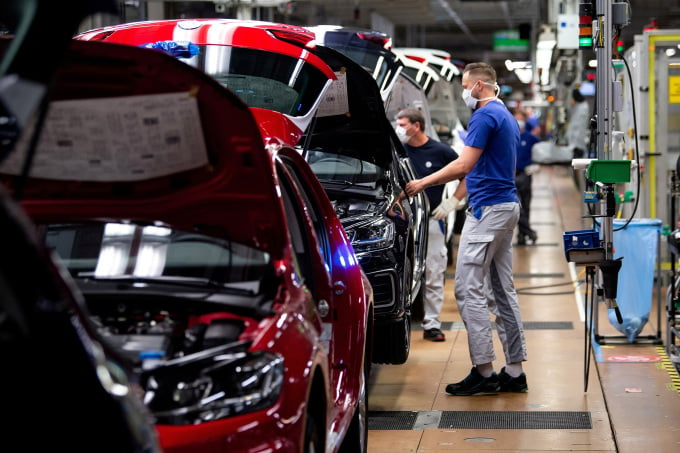
Volkswagen production line in Wolfsburg, Germany on April 27, 2020. Photo: Reuters
David Marsh, president of the OMFIF think tank, agrees that Germany's problems are not temporary. "There is something fundamental going on. Many times in the past, people have talked about economic downturns and Germany has always recovered. This time it may be a little different," he said.
Marsh said that after German Chancellor Angela Merkel closed all of her nuclear power plants in 2011, months after the Fukushima disaster in Japan, the country became too dependent on cheap Russian gas to meet its energy needs. "They put all their eggs in the Russian basket," he said.
Moreover, Germany’s difficulties come as a member of the eurozone, which has less monetary leverage to improve its situation. If Germany still had its own currency, Marsh says, it would have had to resort to devaluation to regain competitiveness.
Germany's central bank (the Bundesbank) has become a symbol of the country's post-war success. It is completely independent and was instrumental in ensuring that the dark days of inflation did not return, such as in 1923, when a postage stamp cost as much as a villa a few years earlier.
But since the creation of the European Central Bank (ECB) a quarter of a century ago, the Bundesbank has no longer set interest rates or been responsible for price stability. Yet its president, Joachim Nagel, remains influential at home and abroad.
Speaking in London last week, Nagel acknowledged that Germany's overreliance on Russian gas was a mistake, but expressed optimism about the economy's resilience. "Some people say Germany is the sick man of Europe. I don't believe that is the case," he said.
According to Nagel, a large economy like Germany is currently facing problems in the global supply chain and the slowdown in China is not surprising. "We are not thinking about a hard landing," he said.
The Bundesbank president has confidence in German companies' ability to cope with the challenges they have faced over the past 100 years, but he also acknowledges that getting out of the current situation will not be easy.
“It’s not just about energy, but about changing global supply chains, along with the role of China, demographics and an ageing population. I don’t underestimate the willingness of German companies to adapt and survive, but it will be a long and difficult process,” he said.
Phien An ( according to The Guardian )
Source link



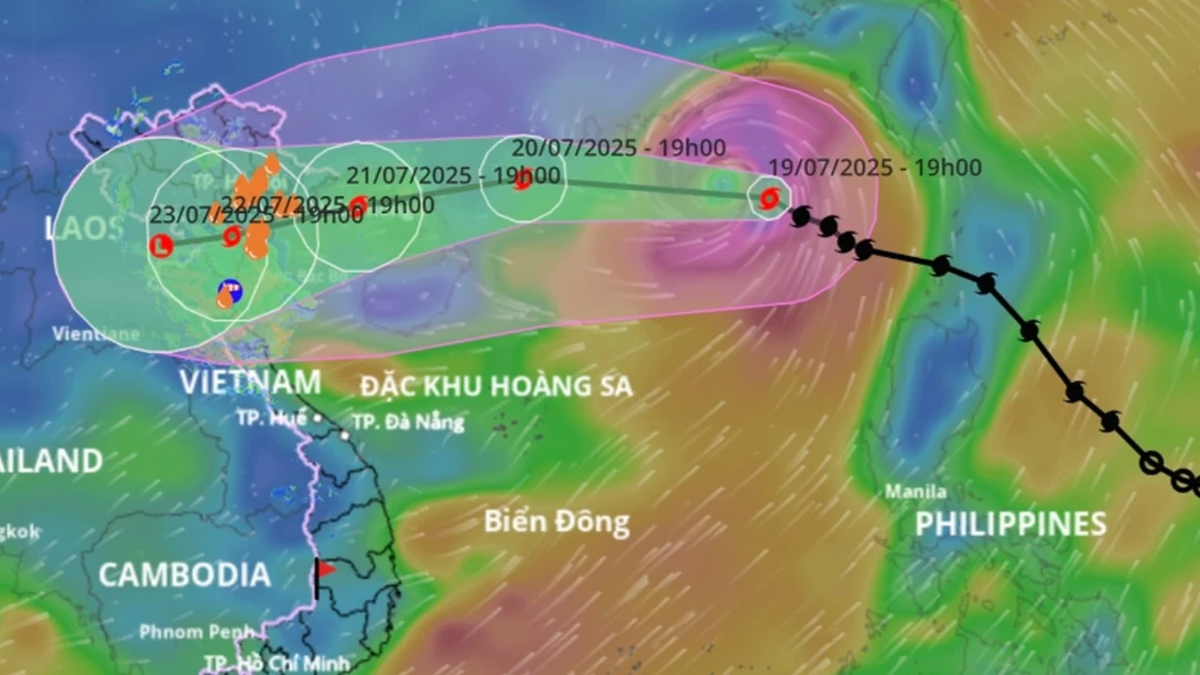

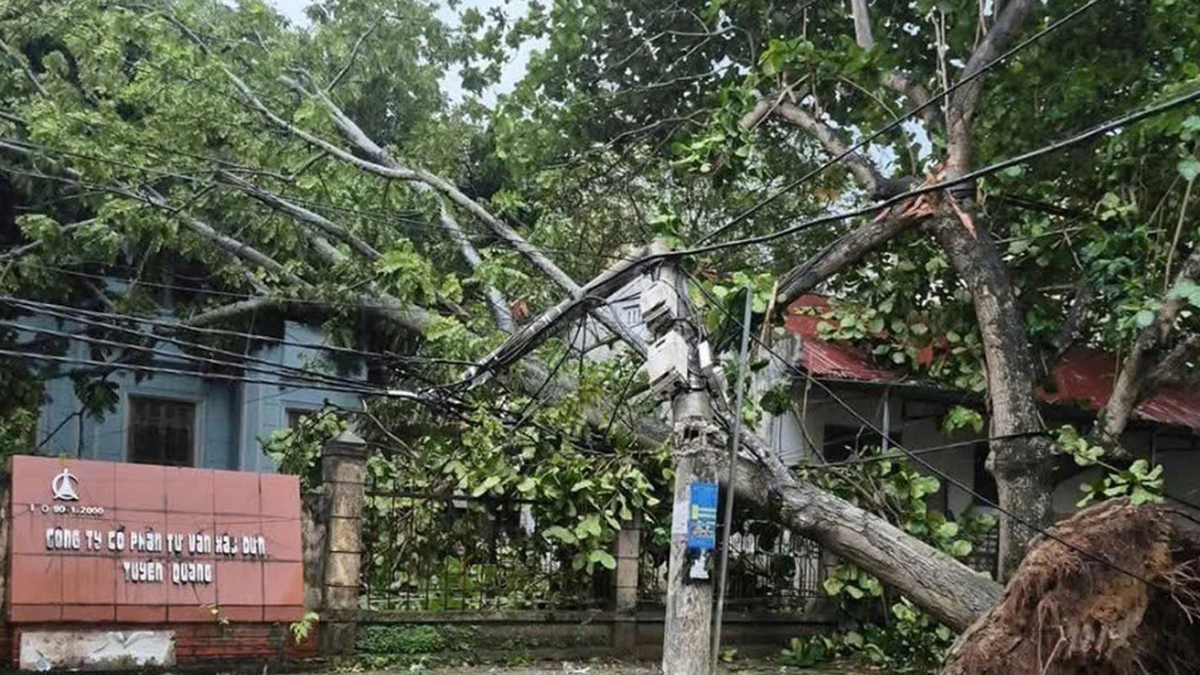
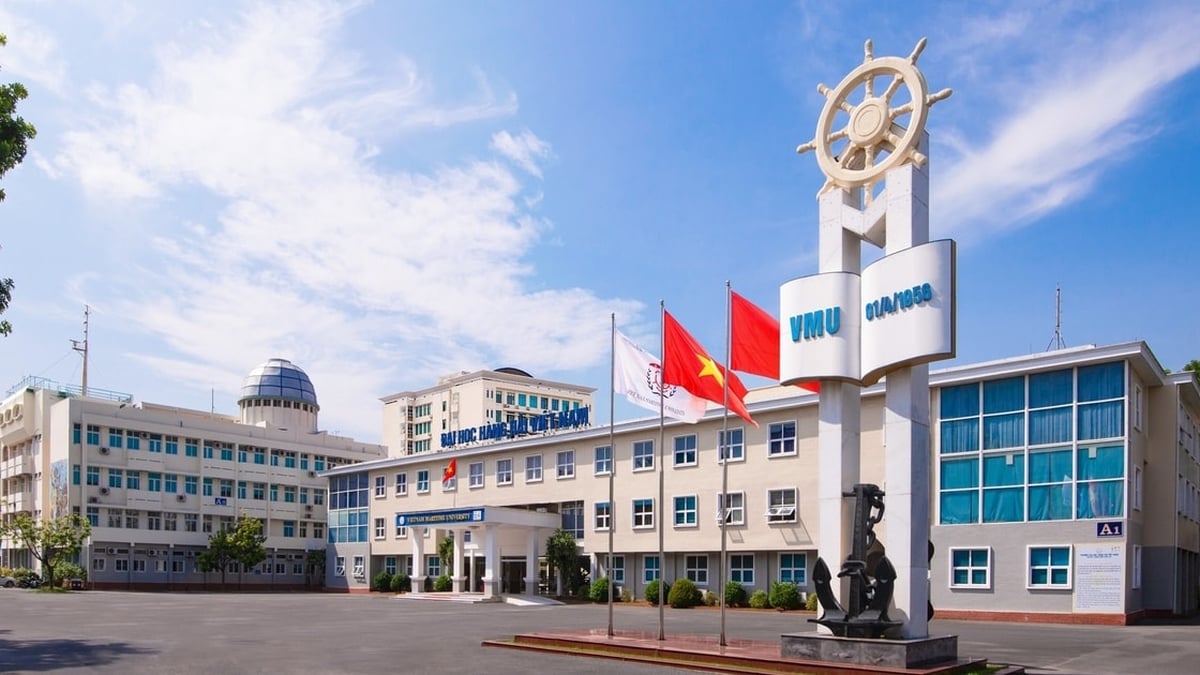


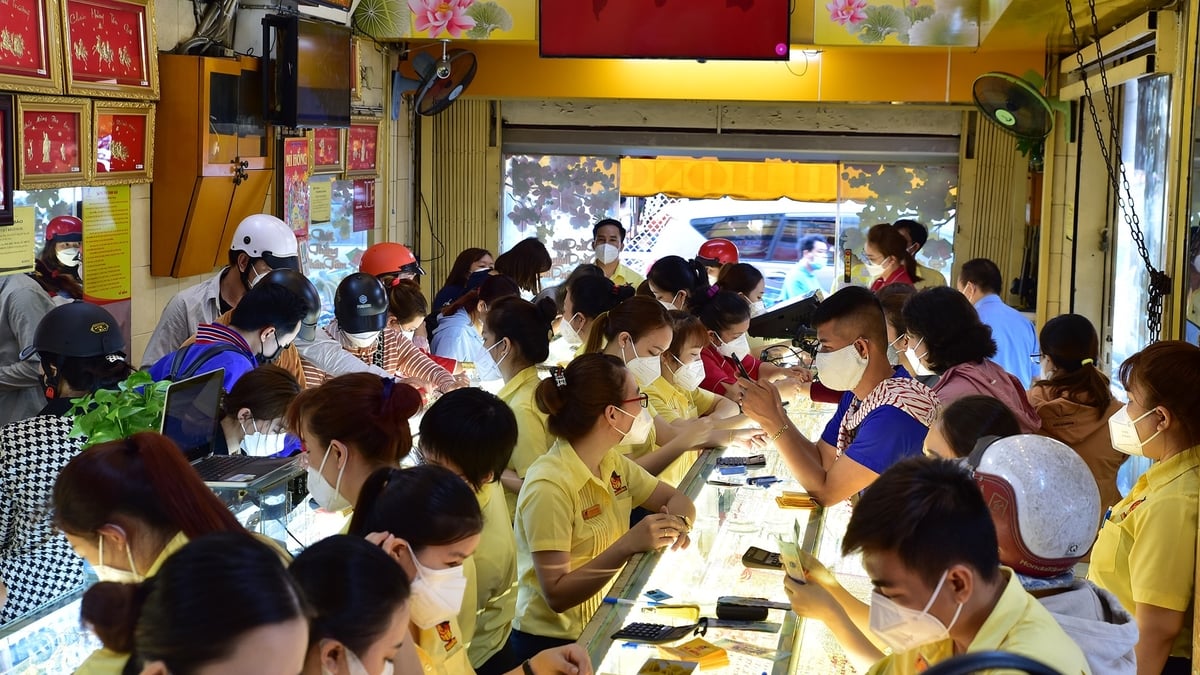
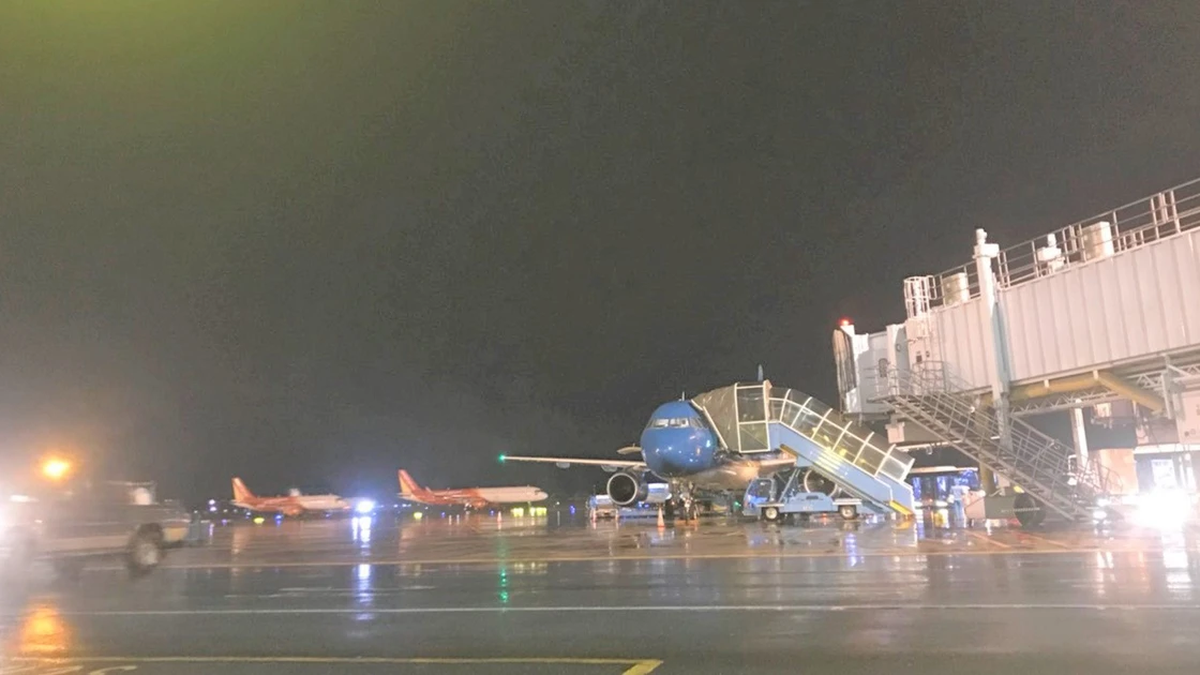























































































Comment (0)